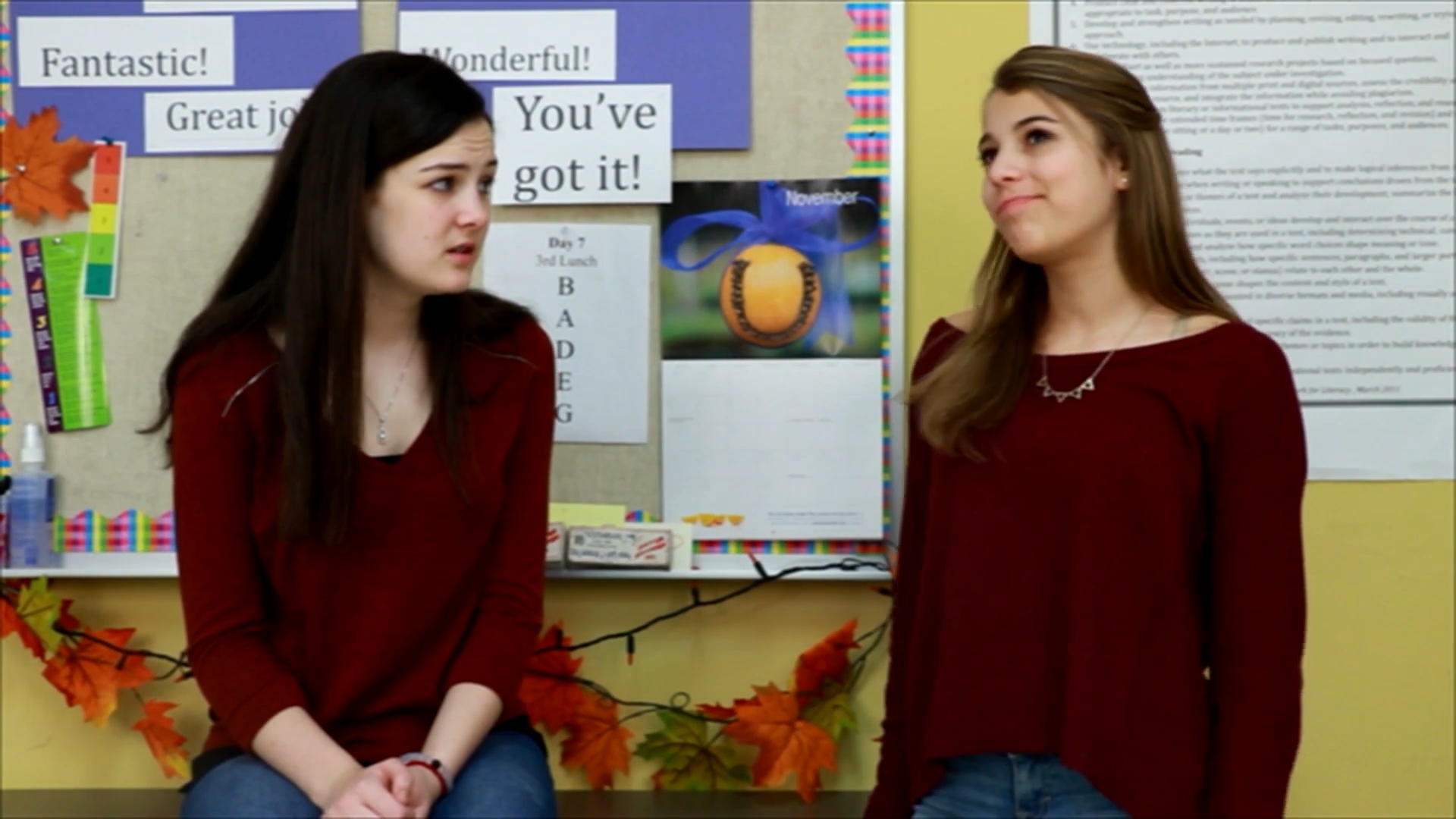
Introduction
As educators, one of our primary goals is to help students develop healthy communication habits. In Special Education, this can be particularly important as students may need additional support to navigate social situations. One essential skill is learning to think before speaking, which can prevent hurtful comments and promote positive interactions. By incorporating principles of Social-Emotional Learning (SEL), we can teach students to pause, consider their thoughts, and express themselves in a constructive manner.
No-Prep Activity: The Stop, Think, Speak Game
The Stop, Think, Speak game is a simple, no-prep activity that helps students practice thinking before they speak. This activity requires no materials or preparation, making it an ideal choice for busy educators.
To play the game, have students sit in a circle. Choose a student to start by making a statement about their day or a recent event. The next student in the circle must then “Stop, Think, Speak” before responding. They should pause for a moment to consider their response, ensuring it is positive and supportive. The game continues around the circle, with each student practicing this skill.
This activity not only encourages students to think before they speak but also helps them develop empathy and understanding for their peers. By focusing on positive communication, students learn the importance of considering others’ feelings and the impact of their words.
Discussion Questions
- Why is it important to think before we speak, especially when responding to someone who is feeling down or upset?
- Can you think of a time when you said something without thinking, and it had a negative impact on someone? How did that make you feel, and what could you have done differently?
- How can thinking before speaking help improve our relationships with others and contribute to a more positive classroom environment?
- What strategies can you use to remind yourself to think before you speak in conversations with peers or adults?
- How does practicing empathy and understanding help us become better communicators and support our peers?
Related Skills
In addition to thinking before speaking, there are several other skills related to Social-Emotional Learning that can help students develop healthy communication habits. These include:
- Active listening: Encouraging students to listen attentively to others and show empathy and understanding in their responses.
- Assertive communication: Teaching students to express their thoughts and feelings in a respectful and direct manner.
- Conflict resolution: Guiding students in resolving disagreements and finding solutions that benefit everyone involved.
- Emotional regulation: Helping students identify and manage their emotions, leading to more thoughtful communication and interactions with others.
Next Steps
Teaching students to think before they speak is a crucial skill that can have a lasting impact on their social and emotional well-being. By incorporating Social-Emotional Learning principles into your classroom, you can support students in building positive communication habits and fostering healthy relationships.
Interested in exploring more SEL activities and resources for your students? Sign up for free sample materials from Everyday Speech to discover new ways to enhance your students’ social-emotional learning experience.

